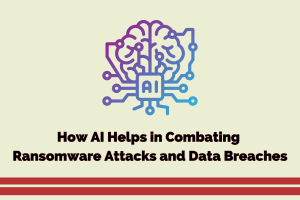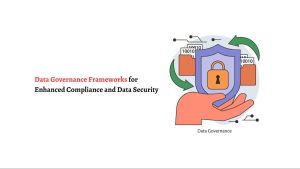How To Choose a VPN Provider in Europe

If you are looking to set up a VPN, you will naturally need a reliable service provider for your region or country, as well as a bit of background knowledge and reflection. To begin with, you should do a little reading up on the basics of the whole thing. How do you set up a VPN? How do you use one? What is VPN anyway? Making smart, good quality choices is much easier when you are better informed.
What do you need to consider before considering a provider?
When you have acquired a general notion of what is behind the acronym, you will need to think about your own particular situation. First you need to figure out your personal VPN needs. Consider things such as whether you need secure access to your home network, if you are looking for more secure casual browsing on public Wi-Fi networks, if you are looking to boost your online anonymity, as well as whether you might need to shift your geo-location for whatever reason. Of course, a single provider could very likely satisfy more than one need on your list, but try and organize your requirements based on priority, and work from there. Click here to learn more about how VPNs actually work and all the various things you could use them for.
What do you need to consider when choosing a VPN provider in Europe?
Once you have established your particular VPN needs, the next thing on the task list is actually choosing a service provider. Now, the most important factors to consider are virtually the same no matter what your region is, but there are some things that are especially important for users who are based somewhere in Europe. We are going to go over these things from both angles, where it is applicable, since one does not go without the other. Obviously, the Internet is going to be your single largest source of information when you go provider hunting. There are tons of advice articles out there, so make sure to look out for the best quality ones. For example, check out this article about the Best UK VPN Services in 2018 – Reviews of VPNs for Britain and Abroad by Tim Tremblay are a great place to get some ideas.
Related : Free vs Paid VPN
Consider how many servers the provider has and where these are located
Since geo-blocking is becoming more of a hurdle these days, you should do all you can to match your provider’s server locations with the geo-location of your target services and media as close as possible. For example, if you are primarily aiming to access Netflix for your movie marathons with friends, or if you are an aspiring YouTuber, you will need to plan for the fact that these are services based in the United States. As a European user, a server based in the United Kingdom might be a good bet. When it comes to servers, the best way to go about it is typically to search for a VPN service with diverse servers in multiple countries.
Take a look at what protocols they support
It does not matter what your region is if you see the only PPTP on their list, run like the wind. It is far too dated and its security is considered compromised since the encryption is weak. A significantly improved protocol is L2TP/IPsec, but keep in mind that it is somewhat slow and lacks open security audits. To make a long story short, you will know that a VPN service provider is good if they offer both of these along with OpenVPN protocol. They get bonus points if they provide you with proper documentation and subtly turn you away from using PPTP themselves.
Learn more about protocol types: https://www.howtogeek.com/211329/which-is-the-best-vpn-protocol-pptp-vs.-openvpn-vs.-l2tpipsec-vs.-sstp/
Confirm how many concurrent connections the provider allows
It is easy to fall into the trap of thinking that you only need one connection, but hold up for a minute and reconsider. You will quite likely want to set up your VPN for other as well. These might be your family members or roommates, or your home router, or simply all of your own other devices, such as laptops, tablets, smartphones, or other smart devices. You may even want to configure each of your devices to use a different exit node for additional traffic security.
Some potential mousetraps to watch out for are whether the provider you are considering throttles connections, limits bandwith, restricts any services, as well as their log keeping and payment options.
When considering any of these factors, you should thoroughly read through all of their available documentation before signing up for the service. A good way to go about it is to follow up on reading the official documents with reading any customer review and user discussion board that you can get your mouse pointer on. That way, you get to form a decently accurate picture of what the service is like in real life, as opposed to filtered sales content.
Of course, while you are figuring out all of the above conundrums, remember to keep within range of your budget. Although VPNs can get pricey depending on the range of service you are looking for, you can evade most of the steep pricing by using your already established router for more creative solutions, many of which are happily shared by the Netizens.






